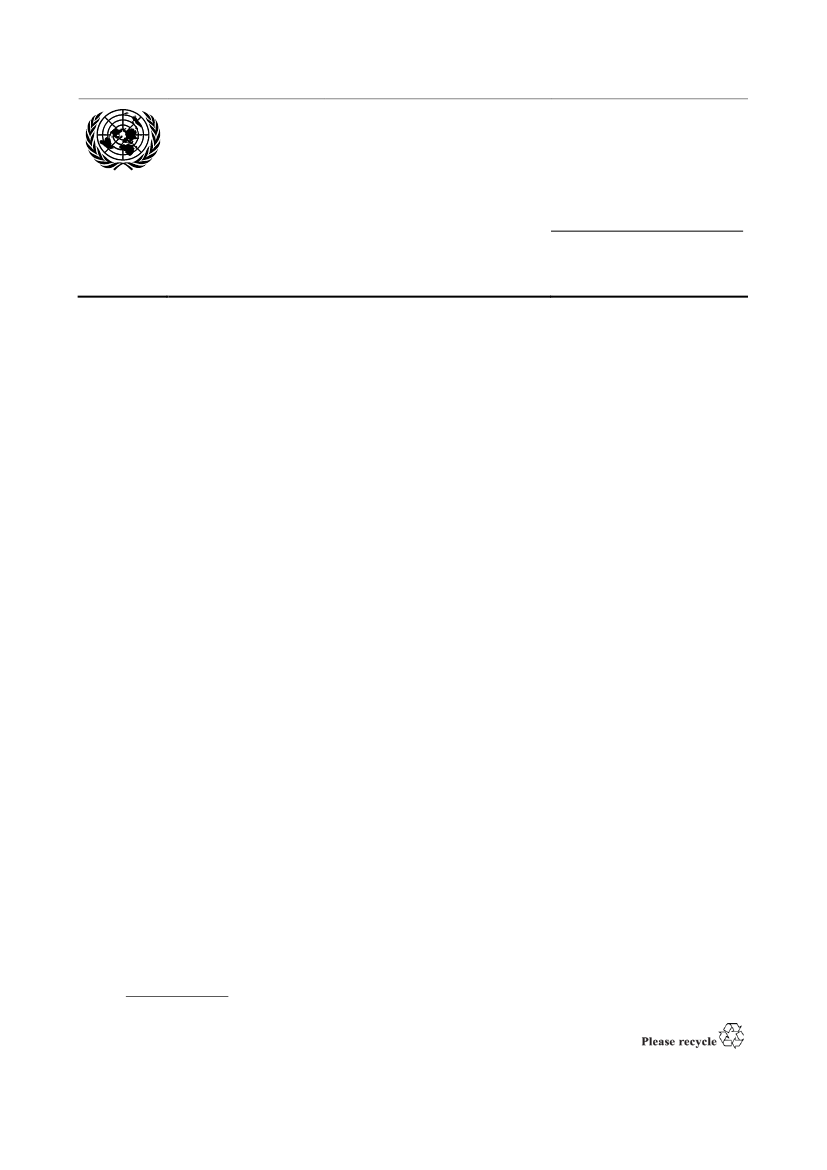
United Nations
CEDAW
/C/DNK/CO/8
Distr.: General
6 March 2015
Original: English
Convention on the Elimination
of All Forms of Discrimination
against Women
ADVANCE UNEDITED VERSION
Committee on the Elimination of Discrimination
against Women
Concluding observations on the eighth periodic report of
Denmark
*
1.
The Committee considered the eighth periodic report of Denmark
(CEDAW/C/DNK/8) at its 1287
th
and 1288
th
meetings, on 24 February 2015 (see
CEDAW/C/SR.1287 and 1288). The Committee’s list of issues and questions in relation to
the eighth periodic report of Denmark is contained in CEDAW/C/DNK/Q/8 and the
responses of the State party are contained in CEDAW/C/DNK/Q/8/Add.1.
A.
Introduction
2.
The Committee appreciates that the State party submitted its eighth periodic report.
It also appreciates the State party’s written replies to the list of issues and questions raised
by its pre-session working group. It welcomes the oral presentation of the delegation and
the further clarifications provided in response to the questions posed orally by the
Committee during the dialogue.
3.
The Committee commends the State party delegation which was headed by H.E. Mr.
Carsten Staur, Ambassador and Permanent Representative of Denmark to the United
Nations Office at Geneva. The delegation also included representatives from the Ministry
of Employment, the Ministry of Children, Gender Equality, Integration and Social Affairs,
the Ministry of Defence, the Ministry of Justice, the Ministry of Health, the Ministry of
Foreign Affairs, the Office of the Prime Minister of Faroe Islands, the Ministry of Trade
and Industry of the Faroe Islands, the Ministry of Family, Gender Equality and Social
Affairs of Greenland and the Permanent Mission of Denmark to the United Nations Office
at Geneva.
4.
The Committee welcomes the State party’s acknowledgement of the important role
played by its national human rights institute and non-governmental organisations, in
particular women’s rights organisations, in the preparation of the State party’s report.
B.
Positive Aspects
5.
The Committee welcomes the progress achieved since the consideration in 2009 of
the State party’s seventh periodic report (CEDAW/C/DNK/7) in undertaking legislative
reforms, in particular the adoption of:
*
Adopted by the Committee at its sixtieth session (16 February – 6 March 2015).